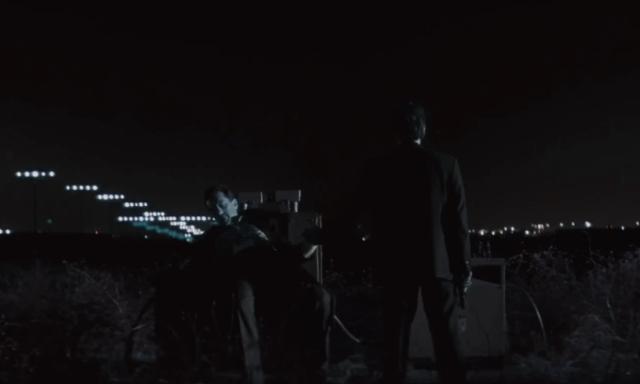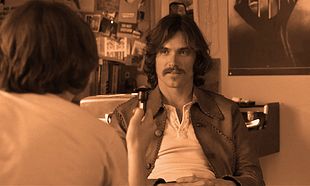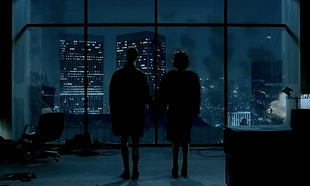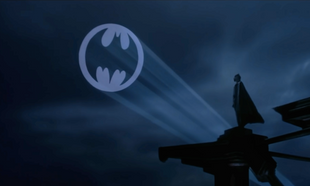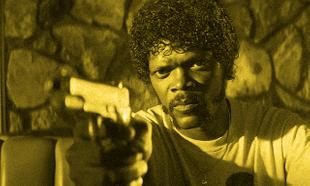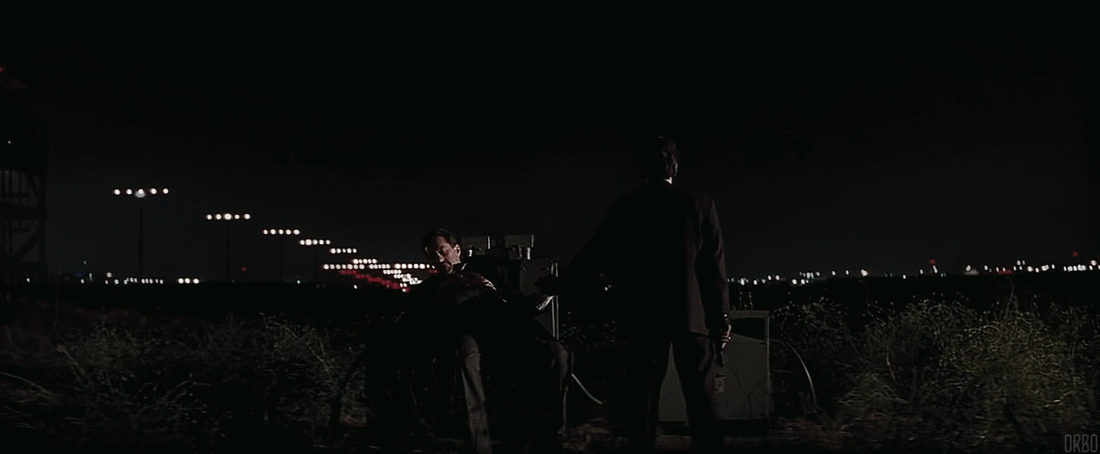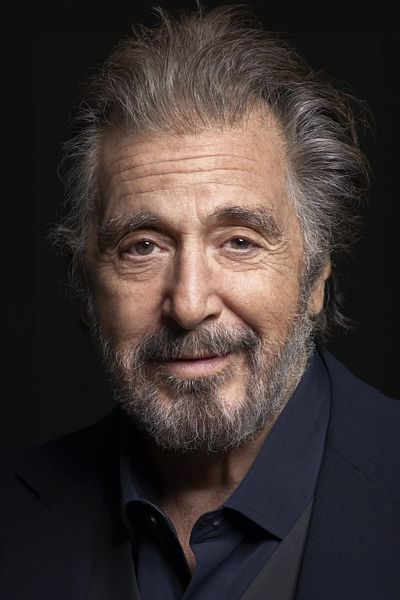For the final ten minutes or so of 'Heat', there is absolutely no dialogue. All except for the final lines between Al Pacino and Robert DeNiro, and even at that, it's minimalist. There are no glorious, two-page speeches that finishes the entire movie into one easy-to-digest moment. Instead, it's one line, and one response, and one gesture. "I told you I wasn't going back," to which Pacino grunts in the affirmative, before DeNiro reaches out to Pacino. Moby's 'God Moving Over The Face Of The Waters' rises up as the scene cuts to black.
And that's it. That's the ending of 'Heat' - one of the finest examples of saga storytelling of the past three decades.
Michael Mann's direction and script has such a grace to it that only when you step back do you realise what could have been. There could have been some huge gunfight, some back-and-forth lines about the nature of their business and how they're the same. There were so many chances for the ending to be botched and overplay its hand, but Mann - as ever - takes the tasteful route and just lets it play out.
Let's talk about the music. Elliot Goldenthal had written a piece of music for the ending which Mann ended up discarding in favour of Moby's instrumental track, 'God Moving Over The Face Of The Waters'. They sound similar, sure, but there's that small tinkling of the piano that just speaks to the smallness of the whole scene. It's two men, alone, together, against a starry backdrop of the city they've chased one another across.
Have a listen to the original track, and then the track that made it in.
When you listen to both tracks, you can begin to understand why Mann went one way instead of the other. Goldenthal's track sounds almost triumphant compared to the dream-like nature of Moby's. That underpins the whole point of 'Heat'. When you came right down to it, the only thing that separated Al Pacino's character from Robert DeNiro's character was the fact that they were on either sides of the law. Al Pacino's character doesn't take any pleasure in doing what he did, and he's not celebrating his victory. He had to do this.
That ambiguity of characters is something that Mann explored before in 'Manhunter', where it was much more explicit. You had William Petersen as the FBI profiler Will Graham using his imagination and his ability to think like a serial killer to track one. While that dynamic was more pointed and more the driving focus of 'Manhunter', it was supplemental in 'Heat'.
'Heat' was about two people who were the best at what they did and unable to do anything else. Pacino's character couldn't maintain a family life and a healthy relationship, whilst DeNiro's character placed no value in relationships, period. When we see him run away from Amy Brenneman, he looks shocked at his ability to run. He did exactly what he said he'd do all along - run in thirty seconds flat when he saw the heat coming around the corner.
This is why the ending of 'Heat' is so satisfying - because it's foretold throughout the movie. Both characters are so focused that they couldn't do anything but try to kill each other when they next meet. It couldn't go any other way but that, because they have nothing else in their lives. It's probably why there's no other scene beyond this, and speaks to Mann's command of the story.
Pacino's character says as much to his wife, played by the underrated Dianne Venora, that "all (he) is what (he's) going after." When he's finally ended DeNiro's character, there's nothing left for him to chase. He stares out into the lights of LAX, as the only other person on the planet who could have understood him dies next to him, gripping his hand.
